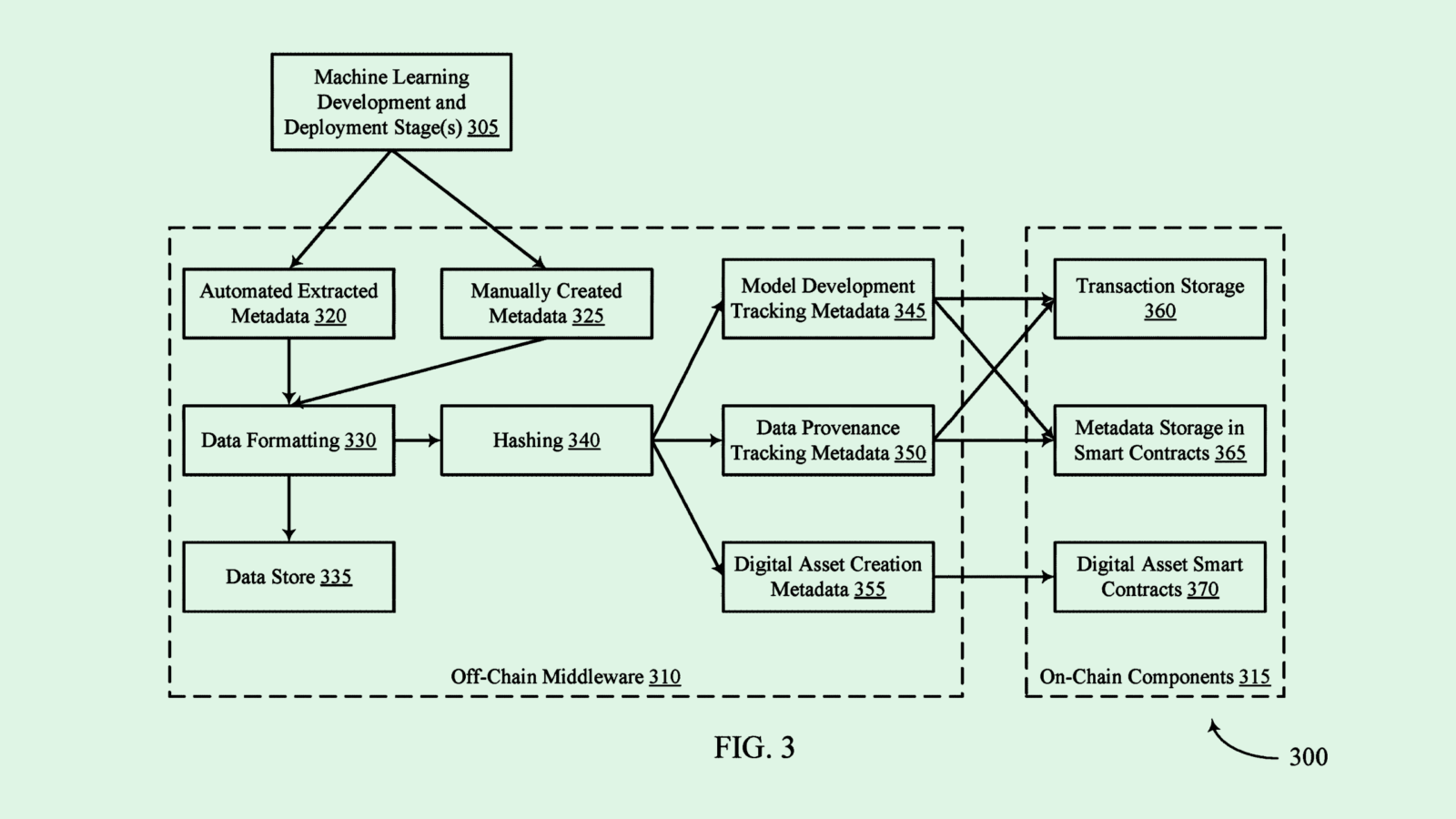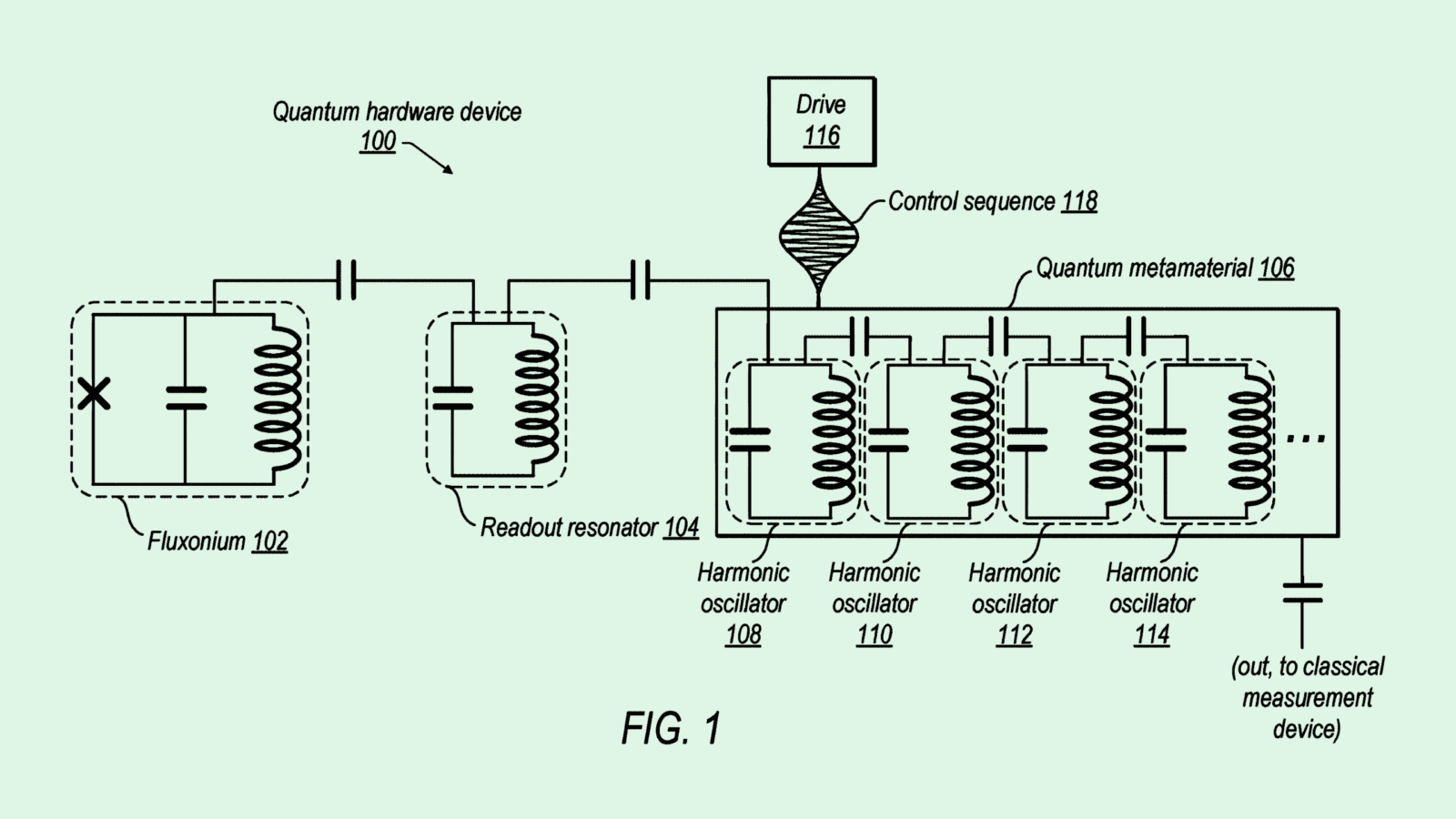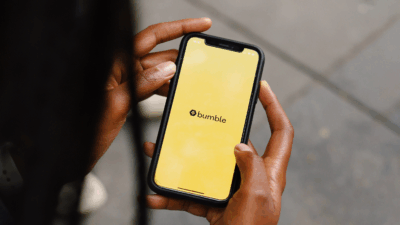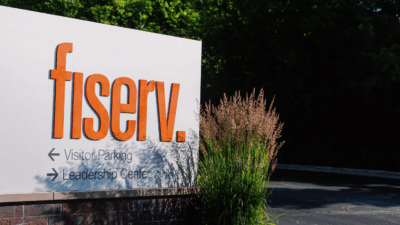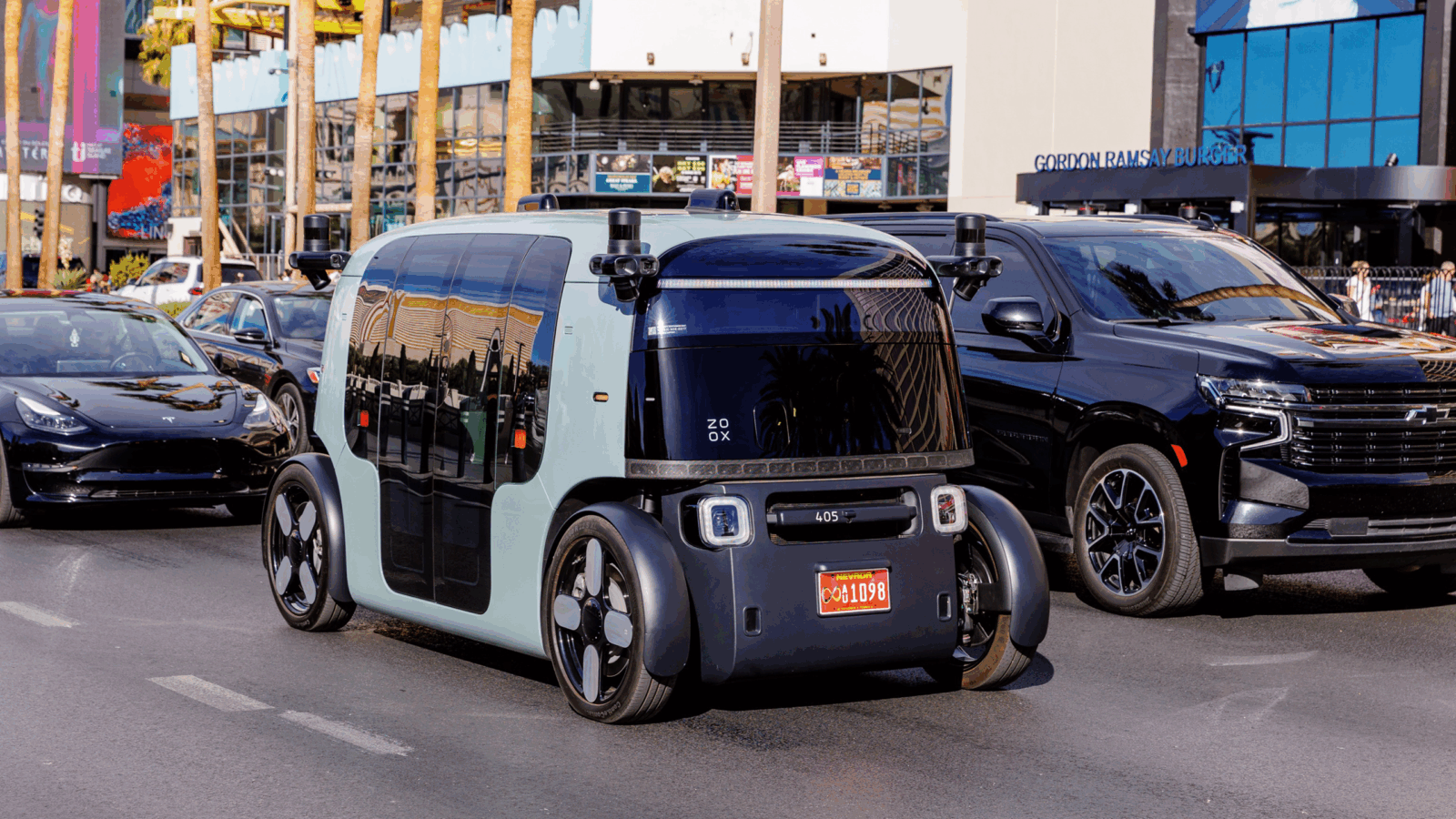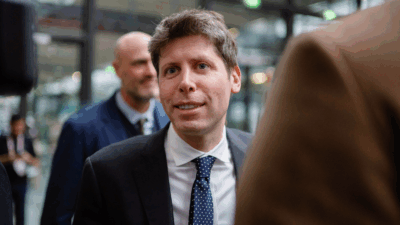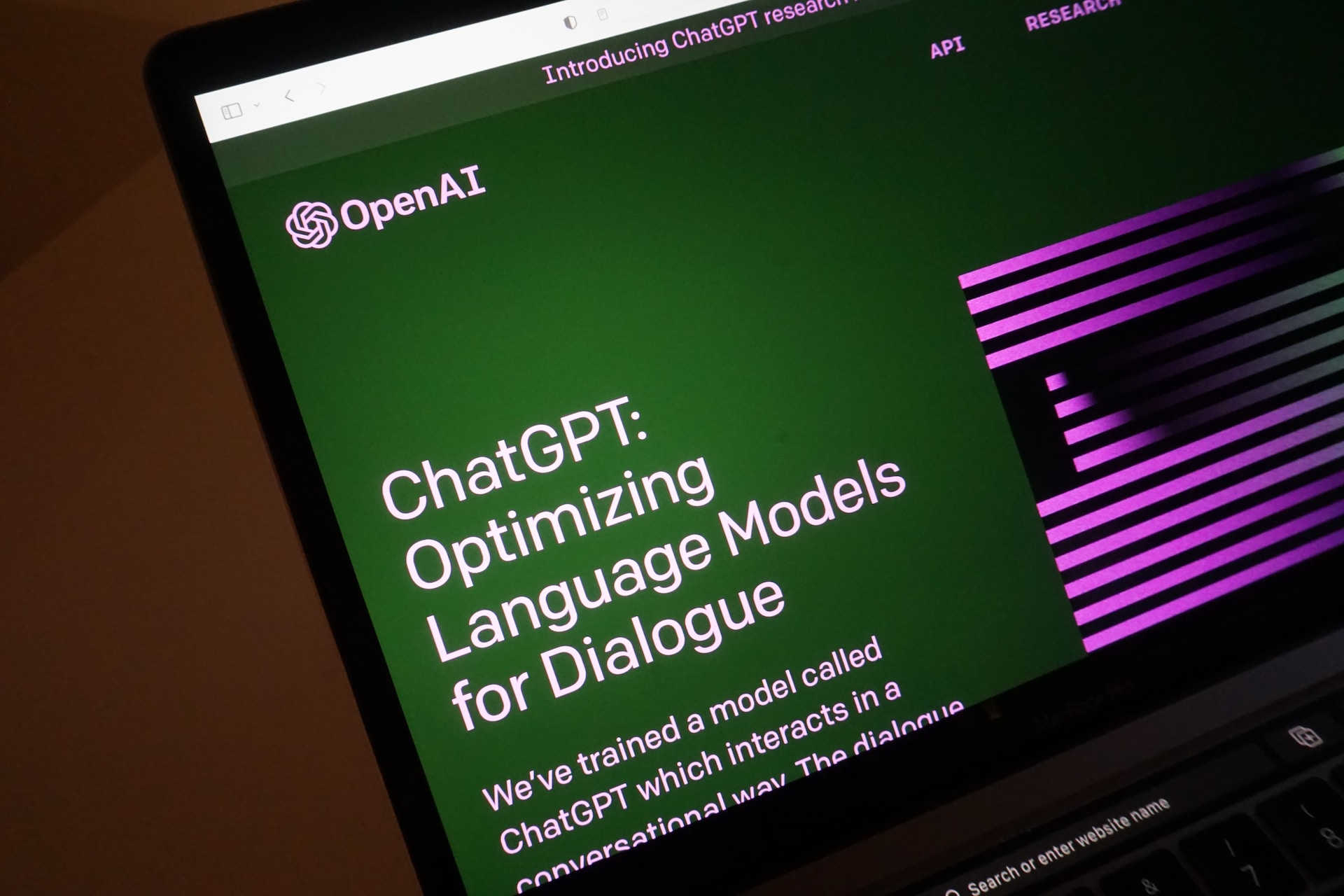
Sign up for smart news, insights, and analysis on the biggest financial stories of the day.
Everyone knows AI is going to steal all our jobs. What a new study presupposes is… maybe it won’t?
A research paper published this month by the National Bureau of Economic Research is providing a salvo of hope against labor-wrecking AI pessimism. The evidence? Recent history.
Judgment Day
ChatGPT and similar large-language model systems don’t mark the first time that artificial intelligence sparked a job-market panic. It was only a decade ago, after all, that newly developed “deep learning” AI techniques — the type of systems since dubbed “the algorithms” that make recommendations on social networks and e-commerce sites, and complete simple tasks such as speech transcriptions — led to similar headlines preaching doom and gloom, even for white collar “knowledge workers.”
But by analyzing the job market across several European countries between 2011 and 2019, economists from the European Central Bank, Spain’s central bank, as well as the University of Pittsburgh and Oxford University, show those fears to be completely unfounded. History may never repeat, exactly. But, in this case, we’re sure hoping it rhymes:
- According to the study, last decade’s “deep learning” boom actually created a positive relationship between job growth and occupations with a high exposure to AI — i.e., for high-skilled jobs, such as office jobs involving data work.
- That led to a labor pool increase as high as nearly 7%, according to one metric, for high-skilled jobs. Meanwhile, lower-skilled jobs with less exposure to AI and software automation weren’t significantly impacted one way or the other, the study found.
Tale as Old as Time: The NBER paper echoes an argument recently made by the economist Tim Harford. The ATM was supposed to kill the bank teller, but actually created more time for selling mortgages, he writes, while supposed accountant-killer Excel only created more time for “accountancy to become (ahem) a more creative profession.” To avoid the worst, job-killing outcomes of AI, Harford argues we simply need smart regulations and legislation to protect workers’ rights and prevent monopolies. Maybe ChatGPT can help write it.
